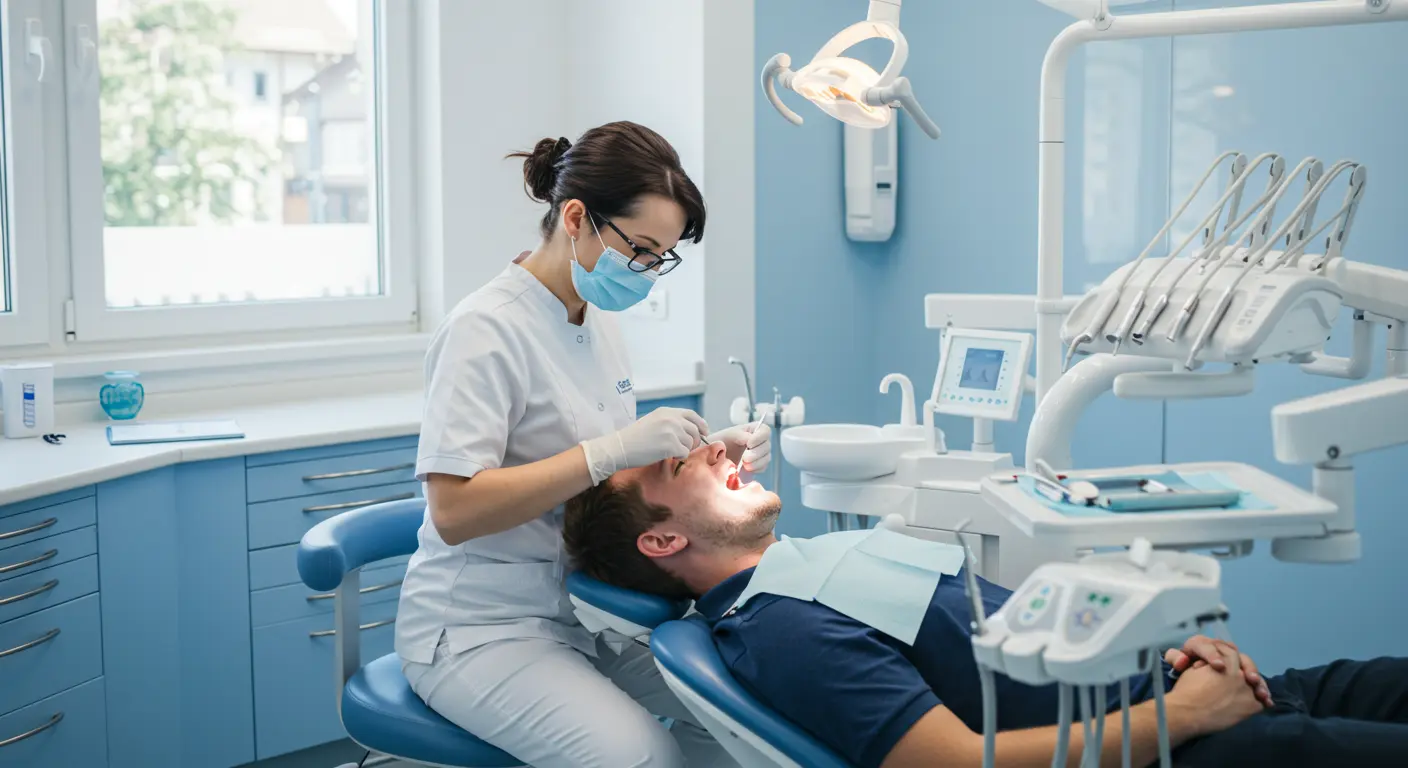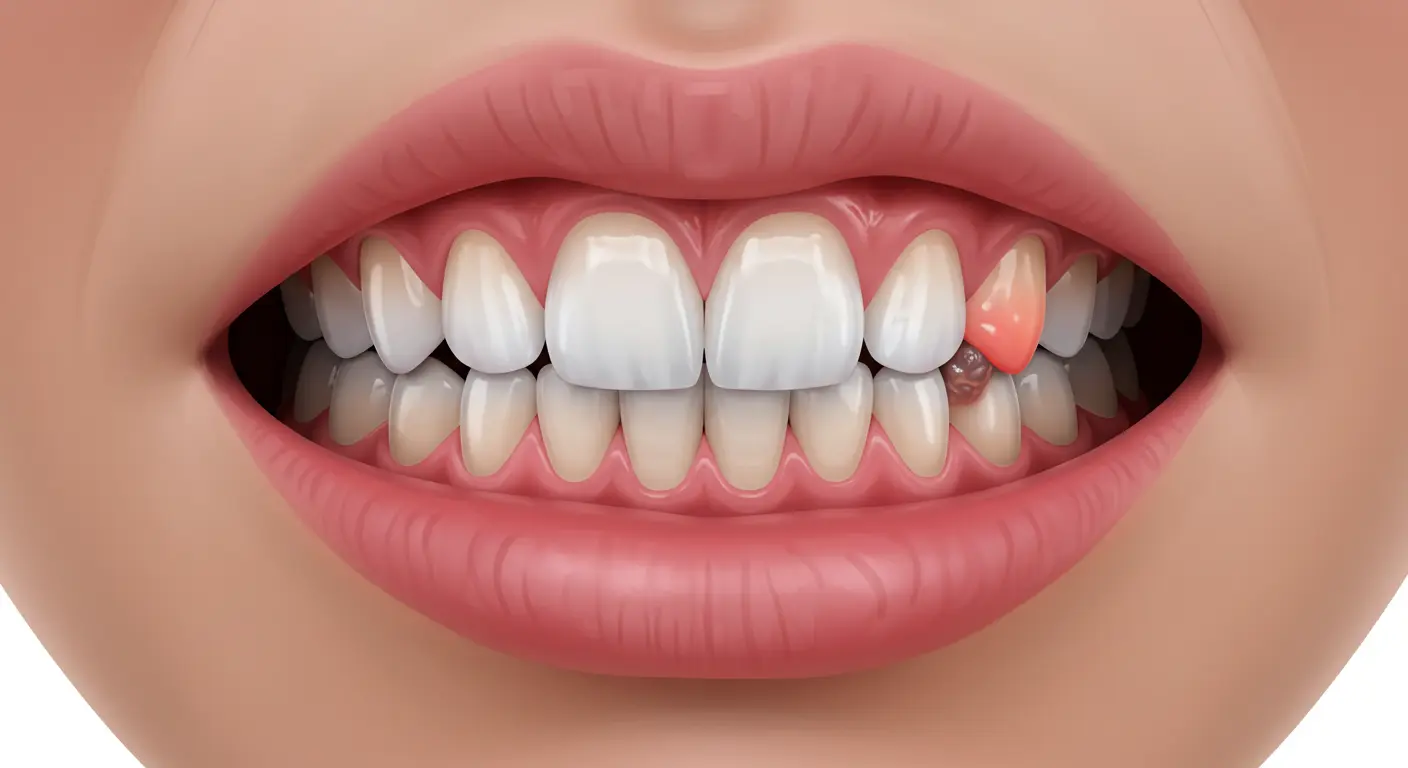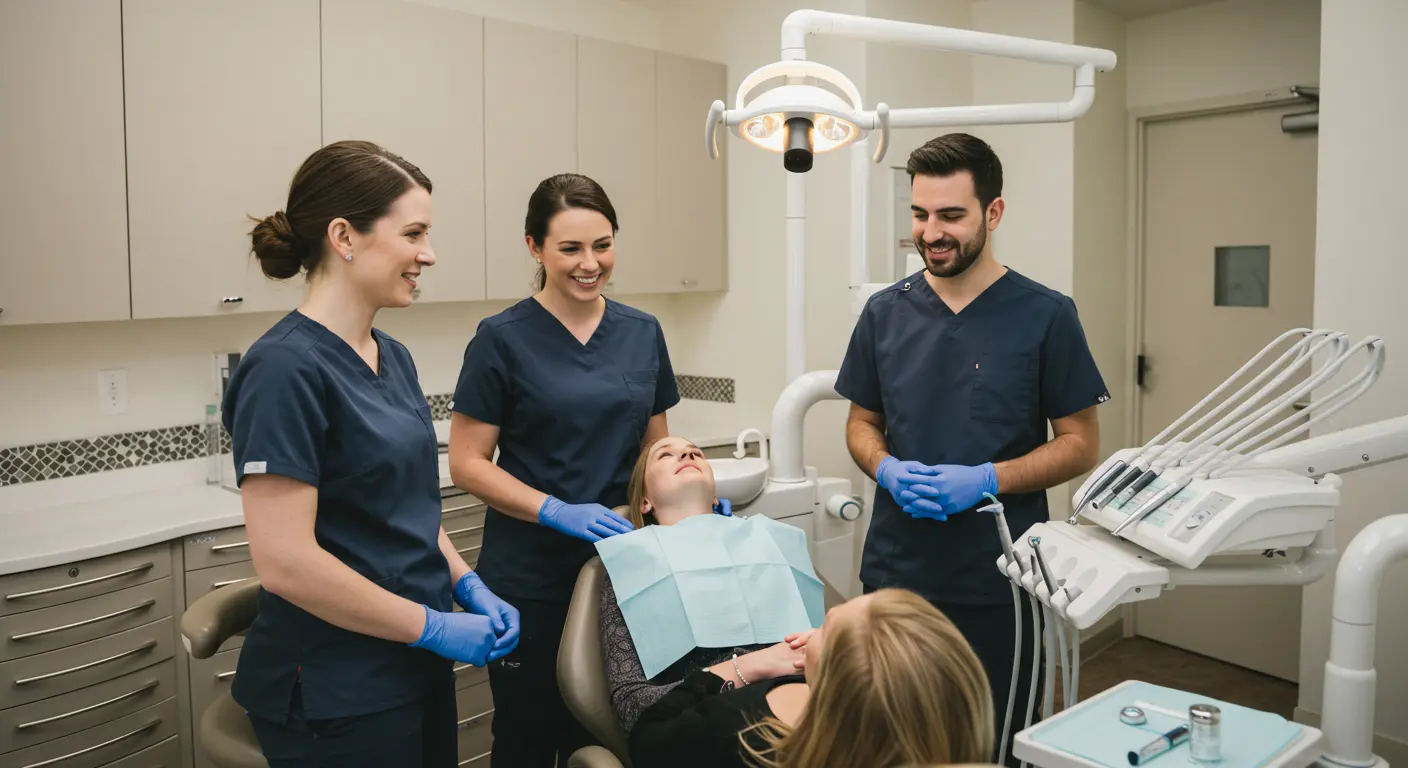The Risks of Untreated Dental Infections: Protect Your Health Today
Dental health is often overlooked until a problem arises. While many people may consider dental infections to be a minor inconvenience, the reality is that untreated dental infections can lead to severe health complications. This article will explore the risks of untreated dental infections, emphasizing the importance of timely treatment and the connection between oral health and overall well-being.
Understanding Dental Infections
Dental infections typically occur when bacteria enter the tooth or surrounding gum tissue. This can happen due to untreated cavities, gum disease, or trauma to the mouth. The most common types of dental infections include:
- Abscessed tooth: A pocket of pus that forms due to bacterial infection.
- Periodontal abscess: An infection in the gums that can lead to tooth loss if untreated.
- Pulpitis: Inflammation of the tooth pulp, often requiring root canal treatment.
The Spread of Infection: A Serious Concern
One of the primary risks associated with untreated dental infections is the potential for the infection to spread to other parts of the body. If bacteria from the infected area enter the bloodstream, they can lead to serious health issues, including:
- Endocarditis: An infection of the inner lining of the heart, which can be life-threatening.
- Sepsis: A severe response to infection that can result in organ failure and death.
- Sinus infections: Infections can spread to the sinuses, causing severe headaches and facial pain.
Early Signs of Dental Infections
Recognizing the early signs of a dental infection is crucial for prompt treatment. Common symptoms include:
- Persistent toothache that doesn’t respond to over-the-counter pain medication.
- Swelling in the gums or face.
- Fever or chills.
- Bad breath or an unpleasant taste in the mouth.
If you experience any of these symptoms, it is essential to seek dental attention immediately.
Post-Extraction Care: Preventing Infection
After a tooth extraction, particularly wisdom teeth removal, patients must be vigilant about signs of infection. Post-operative care is critical to prevent complications. Signs of infection following a dental extraction may include:
- Increased pain: If pain persists or worsens after a few days, it may signal an infection.
- Difficulty opening your mouth: This can indicate swelling or infection in the area.
- Swelling: Continuous swelling that does not subside may be a sign of a developing infection.
What is a Dry Socket?
A dry socket occurs when the blood clot at the extraction site fails to form or is dislodged. This condition can lead to intense pain and increases the risk of infection. Symptoms of a dry socket include:
- Severe pain radiating from the extraction site.
- Visible bone in the socket.
- Bad breath or an unpleasant taste in the mouth.
If you suspect a dry socket or notice signs of infection, contact your dentist immediately for evaluation and treatment.
When to Seek Dental Attention
If you experience any of the symptoms mentioned above, it’s critical to schedule a consultation with your dentist. Additionally, if something feels off after a dental extraction, it’s always best to err on the side of caution. Early intervention is the most effective way to ensure a swift and safe recovery from a dental infection.
The Importance of Regular Dental Check-Ups
Regular dental check-ups play a vital role in preventing dental infections. During these visits, your dentist can identify potential issues before they escalate into more significant problems. Routine cleanings and examinations can help maintain your oral health and prevent infections.
The Vital Link Between Oral and Overall Health
It’s essential to recognize that your oral health is closely connected to your overall well-being. Ignoring dental issues can lead to complications beyond just your mouth. Studies have shown that poor oral health can contribute to various systemic diseases, including:
- Heart disease: Bacteria from dental infections can enter the bloodstream and affect heart health.
- Diabetes: Gum disease can make it more challenging to control blood sugar levels.
- Respiratory infections: Bacteria from the mouth can be inhaled into the lungs, leading to pneumonia and other respiratory issues.
Taking Care of Your Oral Health
Taking care of your oral health is an integral part of maintaining your general health. Here are some tips to help you keep your teeth and gums healthy:
- Brush and floss daily: Maintain a regular oral hygiene routine to prevent plaque buildup.
- Limit sugary foods and drinks: Reducing sugar intake can help prevent cavities and gum disease.
- Stay hydrated: Drinking plenty of water helps wash away food particles and bacteria.
- Avoid tobacco products: Smoking and chewing tobacco can significantly increase the risk of dental infections.
Your Health and Comfort are Our Priority
At Smile Design NJ, your oral health and overall well-being are our top priorities. We understand that experiencing a toothache or suspecting a dental infection can be concerning. We encourage you to pay attention to the symptoms discussed and to reach out to us promptly if you have any concerns.
Early Intervention is Key
Early intervention is crucial for effective treatment and preventing potential complications. Delaying treatment can allow the infection to worsen, potentially leading to more extensive and uncomfortable procedures. Our experienced team is dedicated to providing you with comprehensive and personalized dental care in a comfortable and welcoming environment.
Please do not hesitate to contact us at the phone number or email address listed on our website, Smile Design NJ, to schedule an appointment or discuss any questions you may have. We are here to help you maintain a healthy and beautiful smile.










